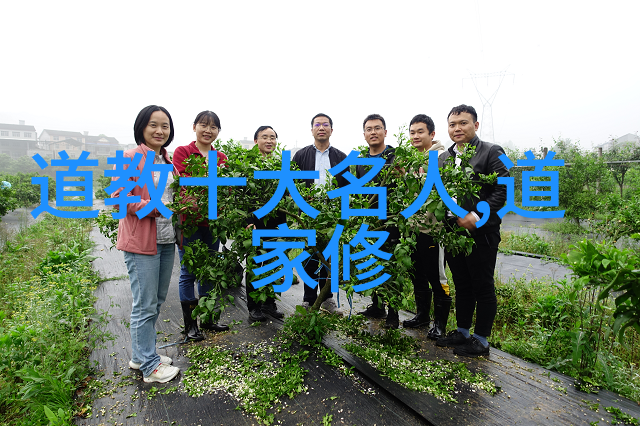宋代道家代表人物研究:探索清净无垠的哲学与实践

在中国历史上,道家思想始于周代,但到了宋代,这一思想得到了新的发展和深化。宋代道家的代表人物,如张载、王弼等,他们对道家哲学进行了系统性的阐述,并将其应用于政治、社会和个人修养中。以下是对这些代表人物及其思想的一些探讨。
张载的“物各有主”

张载是北宋初期的一位重要哲学家,他提出了著名的“物各有主”理论。这一理论强调每一个事物都有其固有的本性,不应被外界干扰或改变。张载认为,每个事物都是宇宙的一个部分,都应该按照自己的本性发展,而不是为了其他目的而改变自己。这一观点体现了宋代道家的重视自然之理和尊重万物自我的特点。
王弼的“无为而治”

王弼则以其关于“无为而治”的政治哲学著称。他认为,作为统治者应当远离权力斗争,以不动声色的态度来管理国家。这意味着君主应该让臣子们自由发挥,让天下百姓安居乐业,从而达到真正意义上的太平盛世。这种政治理念与后来的儒家文官制度形成鲜明对比,体现了宋代道家的追求简单自然、避免人为干预的精神。
宋代道家的宗教实践

除了哲学思考,宋代道家也有一系列宗教实践,比如内丹术(又称炼丹术)等。在这类实践中,一些信徒试图通过炼制药剂或者修炼身体,以达到长生不老甚至神仙登场的目标。这种对于生命永恒和超脱世俗尘嚣的情感,是宋代文化中的一个重要方面,也反映出人们对于更高生活境界的向往。
宋代道主义与文学艺术

同时,宋代还出现了一批将道家思想融入诗词创作中的文学工作者,如苏轼(苏东坡)、黄庭坚等他们借助诗歌表达了对自然美景以及宇宙间一切存在之间联系的心得体会,用最直接最朴素的话语描绘出日月星辰,以及山川河流之间交织的情感,这种写作风格被后人誉为“山水田园诗”,它不仅展现了个人的情感世界,更是传递了一种生动活泼的人生态度。
总结来说,Song Dynasty's Representative Figures of Daoism: Exploring the Philosophy and Practice of Clearness Without Boundaries. Song Dynasty was a time when Daoist thought flourished, with figures such as Zhang Zai and Wang Bi representing the movement. Their ideas, including "each thing has its own inherent nature" (Zhang Zai) and "governing without action" (Wang Bi), emphasized the importance of respecting natural order and avoiding human interference. Additionally, religious practices like internal alchemy were popular during this time, reflecting a desire for eternal life and transcendence beyond worldly concerns. Finally, literature from this period often incorporated Daoist themes, showcasing an appreciation for nature and the interconnectedness of all things.
This article provides an overview of some key figures in Song Dynasty Daoism and their contributions to Chinese thought during that era. It also highlights how these thinkers' ideas influenced literary expression through poetry. Overall, it demonstrates how Song Dynasty Daoists sought to understand the world around them by embracing simplicity while seeking deeper truths about existence.
The text is divided into several sections based on different aspects of Song Dynasty Daoism:
Zhang Zai's "Each Thing Has Its Own Inherent Nature": This section focuses on Zhang Zai's concept that each entity should be respected in accordance with its unique essence rather than being altered by external forces.
Wang Bi's "Governing Without Action": The second part examines Wang Bi’s political philosophy advocating minimal intervention in governance.
Religious Practices: This segment discusses various religious practices prevalent during the era such as internal alchemy which aimed at achieving immortality or transcending mortality.
Literature & Art: The fourth part explores how literary works from that period reflected these philosophical themes demonstrating appreciation for nature & interconnectedness.
By examining these elements we can gain insight into what characterized song dynasty daoists’ quest for understanding reality – their emphasis on simplicity while seeking profound truth about existence



